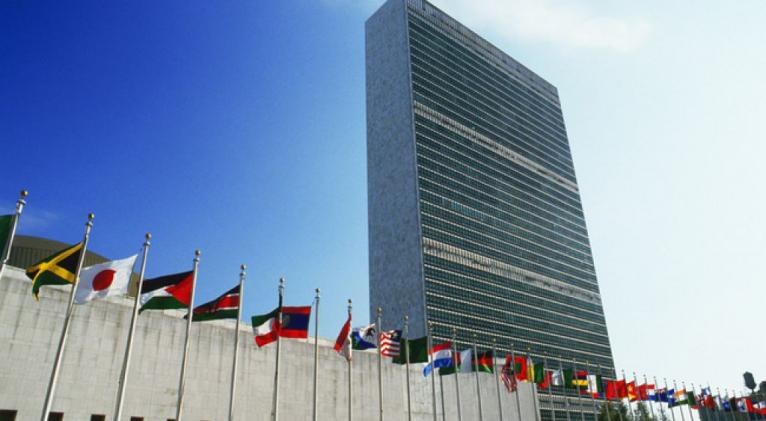U.S. possibly abstaining from UN vote condemning embargo on Cuba
especiales

The White House is considering abstaining from the annual United Nations vote condemning the American embargo against Cuba. This would be the first time the U.S. did not take a stand against a U.N. resolution criticizing American law. It would pit President Obama and the world against Congress, which continues to refuse to lift the embargo. White House officials first confirmed the possibility of abstaining to Associated Press reporters on Monday.
Last year only Israel joined the US in favor of the embargo during the UN’s vote resulting in a 188-2 decision. It is unheard of for a U.N. member state not to oppose resolutions critical of its own laws. The latest U.S. easing of sanctions occurred Friday and was followed by a rare phone call between Obama and Cuban President Raul Castro. Pope Francis, who played a key role in the rapprochement between Havana and Washington, arrived in Havana a day later. He travels to the U.S. this week.
The White House said Obama and Castro discussed "steps that the United States and Cuba can take, together and individually, to advance bilateral cooperation." The Cuban government said Castro "emphasized the need to expand their scope and abrogate, once and for all, the blockade policy for the benefit of both peoples." Neither statement mentioned the U.N. vote. Yet, as it has for the last 23 years, Cuba will introduce a resolution at the upcoming General Assembly criticizing the embargo and demanding its end.
General Assembly resolutions are unenforceable. But the annual exercise has given Cuba a stage to demonstrate America's isolation on the embargo, and it has underscored the sense internationally that the U.S. restrictions are illegitimate. The administration has not yet decided how to vote, according to the U.S. officials. They said that at the moment the U.S. is still more likely to vote against the resolution than abstain.
However, the White House officials said the U.S. will consider abstaining if the wording of the resolution is significantly different than in previous years. The administration is open to discussing revisions with the Cubans and others, they added, something American diplomats have never done before.
Our vote will ultimately depend on what's in the resolution," one of the officials said. "This resolution is no different than others in the sense that we won't prejudge it before it's final."
Cuba's government had no immediate reaction. The U.S. officials, however, said the administration believes an abstention could send a powerful signal to Congress and the world of Obama's commitment to ending the embargo. Obama says the policy failed over more than five decades to spur democratic change and left the U.S. isolated among its Latin American neighbors. Rep. Ileana Ros-Lehtinen, a fierce critic of Cuba's government, said the opposite.
Abstaining from this vote would send a negative signal to Cuban pro-democracy leaders," Ros-Lehtinen, R-Fla., said. "Rushing to mollify the Blame America first crowd, this administration ignores the fact that the dictatorship is solely responsible for Cuba's ills."
It's unclear what changes would be necessary to prompt a U.S. abstention. The U.N. resolution last year took aim at the Helms-Burton Act, citing the necessity of ending the economic, commercial and financial embargo. The 1996 law made foreign firms subject to the same restrictions U.S. companies face for investing in Cuba, and authorizes penalties for non-U.S. companies operating and dealing with property once owned by U.S. citizens but confiscated after Fidel Castro's revolution. Cuba issued a report last week favoring the resolution and staying strong in its approach.













Add new comment